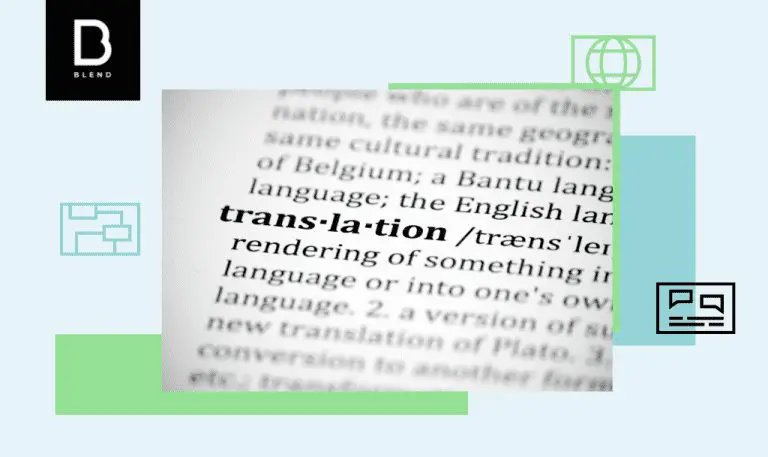Liraz Postan
Liraz is an International SEO and Content Expert with over 13 years of experience.

Language can have a deep impact on how people interact with others and the world around them. That’s why some things can be lost in translation when a language fails to convey the essence of a word during interpretation. When an exact translation sticks too close to the source text without accounting for how the translation will be interpreted, it fails to convey the true meaning or feeling of a message.
Translation is necessary for spreading ideas, knowledge, and information across the world. It allows for effective communication between cultures and helps create a common understanding. But this isn’t the case with literal translation. Instead of creating common understanding, it makes it difficult to reach and connect with audiences.
Literal translation occurs when text is translated word-for-word from one language to another. It does not pay much attention to the meaning of a text as a whole. Such direct translation results in unintelligible sentences and poor grammatical structures. It can also result in idioms that bear no meaning in the target language.
However, in the study of translational language, literal translation is another term for technical translation which is the translation of technical, scientific, legal translation or even technological texts. These translations can include document or business translations and medical translations like Italian translation, French translation, German translation and Spanish translation. In these instances, wording is very delicate and a skillful professional is required to determine how best to translate the text.
For regular content, though, literal translation is not recommended. In our multilingual and multicultural world, nuance is important as it allows for clear and efficient communication between languages. It’s because of this concern that machine translations cannot be relied upon alone to fully convey the meaning of a text. For instance, there are countless words with multiple meanings in any one language leading to poor or even offensive translations.
Let’s look at one of the famous literal translation examples.
The hit Disney film Moana took the world by storm in 2016, and big businesses like Coca-Cola tried to capitalize on the film’s popularity by advertising their products in the native Polynesian language Māori. However, Coca-Cola mistakenly used literal translation in their advertising. They translated “Hello, Mate!” to “Kia Ora, Mate,” which in Te Reo Māori translates to “Greeting, death!” Instead of taking the entire phrase into account, they only translated one part of the phrase without context, resulting in an unanticipated mistake.
When talking about literal translation versus free translation, also called dynamic translation, it’s important to say that the latter focuses more on reproducing the general meaning of a message. As such, the exact words used might stray considerably from a literal translation. These can also be interpreted as linguistic oddities. It’s important to think of language not only as an expression of thought, but also as an articulation of culture, society, and beliefs. Dynamic translation (also called free translation) builds bridges between cultures, which enables the richness of a message to be expressed in its entirety. Unfortunately, a literal translation of a text may fail to do so.
Professional translators are key to overcoming communication barriers and bringing people together. They help people and organizations from different regions of the world to communicate and learn from one another. In doing so, they shorten the distance between nations, allowing people from multiple cultures to share in the richness of the human experience.
As the world becomes increasingly connected, translation is becoming more and more important. In order to reach international audiences, businesses cannot rely on literal translation. Translations should be done by professional translators who can adapt text to resonate with a local audience’s language and culture. BLEND’s network of over 25,000 professional translators from around the world and easy-to-use platform helps companies achieve their localization goals to compete in the global market and reach consumers around the world.
Contact us to learn more about BLEND’s professional translation services and localization services.
What our customers are saying